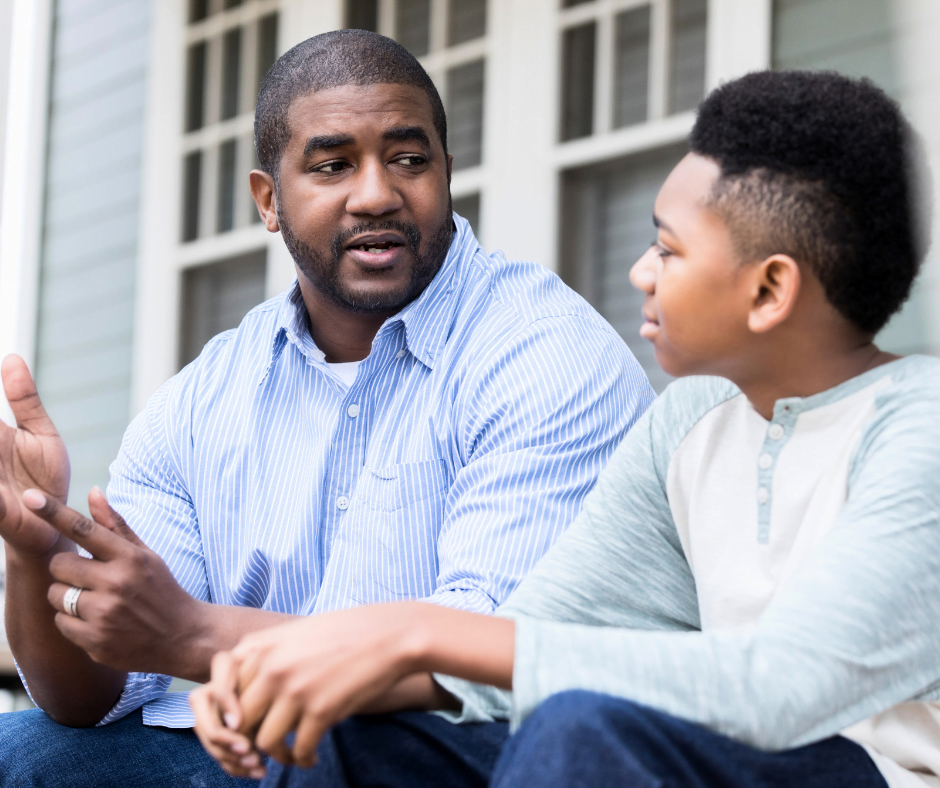Share This Article

Parenting is not an easy task. We all have our own baggage, our personalities, the way we handle emotions, our self-consciousness and experiences that we bring to the way we raise our children. It is a role that involves flexibility, love, patience and responsibility.
Below are 5 examples of things you as a parent should never say to your child:
1. Start a reprimand with: “You always do…”
Children make mistakes and sometimes they behave badly. So sometimes as parents you just have to act. When they don’t listen, run across a busy street or do something you shouldn’t do. But before you act, think for a moment and don’t start your reprimand with “You always do…”.
But why is it better not to use these words? Because at that moment you do not disapprove of the behavior, but of the child for who he or she is. The words “you always do” twist what is actually a response to a certain event into an attack on who the child is and who the child should be. Variations on these words include: “What’s wrong with you?” and “Can’t you ever do that?”
2. Ignoring a child’s personal space and privacy
When a child grows up and develops, it is up to the parent to slowly adapt to the child. Because what works for a toddler will not automatically be the best approach for a child in group 7 and who is learning and testing his social skills. Try to respect the boundaries that come with a child’s age. Because by accepting your child’s boundaries – recognizing the need for privacy and giving space to express feelings and thoughts without criticizing them – a child will learn that she must respect her own boundaries and those of others.
An authoritarian parent who has strict rules at home will ensure that a child automatically adopts the role of pleaser. You can also miss your child’s unique qualities in this way. In this way, your child can become insecure, not know who he or she is and always wants to please everyone, causing him or her to forget about himself or herself. This can become especially difficult when they reach adulthood.
3. Using words to evoke shame or guilt
Whether you call a crying child “whiner” or “wimp” or you tell a child that he or she is “stupid”, “fat” or “lazy” (albeit then not in a joke): the damage has already been done. Words can hurt a lot. Recent research shows that the brain’s neurological network of physical and emotional pain are the same. In addition, the stress that comes from verbal abuse can cause permanent damage to a brain that is still developing. Research also shows that no amount of sweet verbal affection can match the effects of previous verbal aggression. Negative things have a greater impact on people than positive things.
If you think that you are making your child stronger or more resilient by talking to him like this, then you are wrong. Because words can indeed be weapons.

4 Dismissing your child’s feelings by saying that he or she is too sensitive
A young child does not yet have the self-confidence to put this ‘accusation’ into perspective and will assume that he or she has done something wrong. The child will believe that his or her sensitivity is a problem, which will lead to mistrust in her feelings and perceptions. It is very subtle, yet harmful to a child. Because the child may interpret it as: “What you feel is not important to me or anyone else” and “It is your fault, because there is something wrong with you”.
Similar Read: Also a boy mom? Here are some tips for those little thunderbolts
5 Comparing one child with another
There is always some rivalry between children from one family, but recent studies show that it is not always innocent. A parent who encourages tension and competition between children is doing something wrong. Statements such as: “If only you could be more like your sister” or “Your brother is doing so well at school, why don’t you try your best for once” are not inspiring for a child. All these statements do is make the child feel less than their brother or sister. Try to realize that every child is an individual.
Try to see your children as individuals. Children make mistakes, which is good because they learn from them and so they can grow. Children need boundaries, but at a certain age they will also have to learn to set their own boundaries. Parenting is a difficult but wonderful job, you as a parent can also learn from your mistakes, so you never stop learning.
P.S. Are you already following Gistinger.com on Facebook and Instagram?
